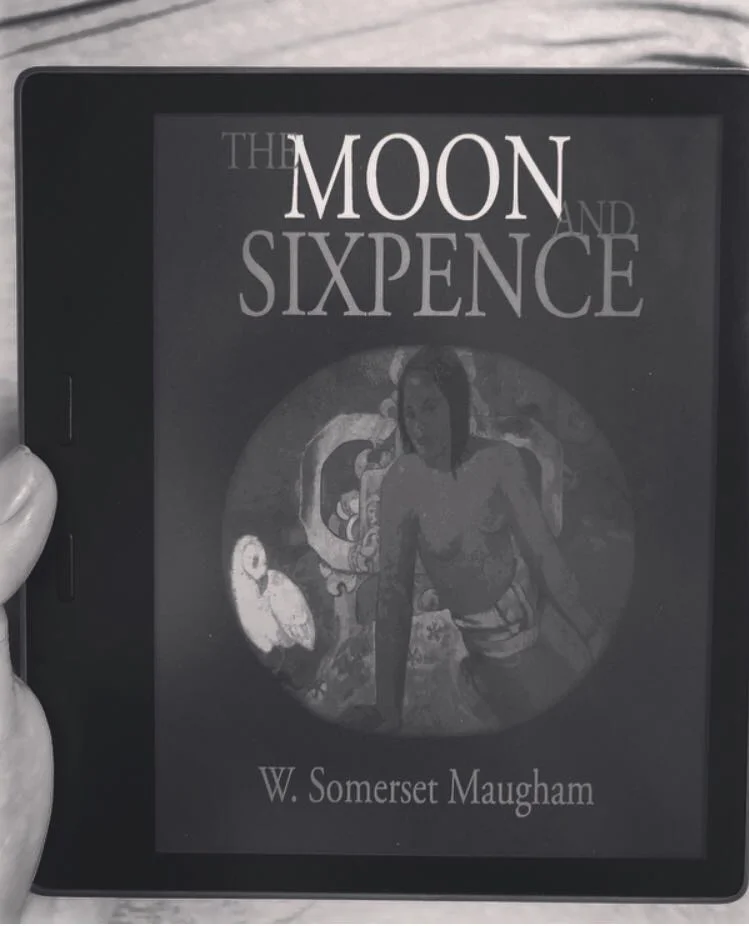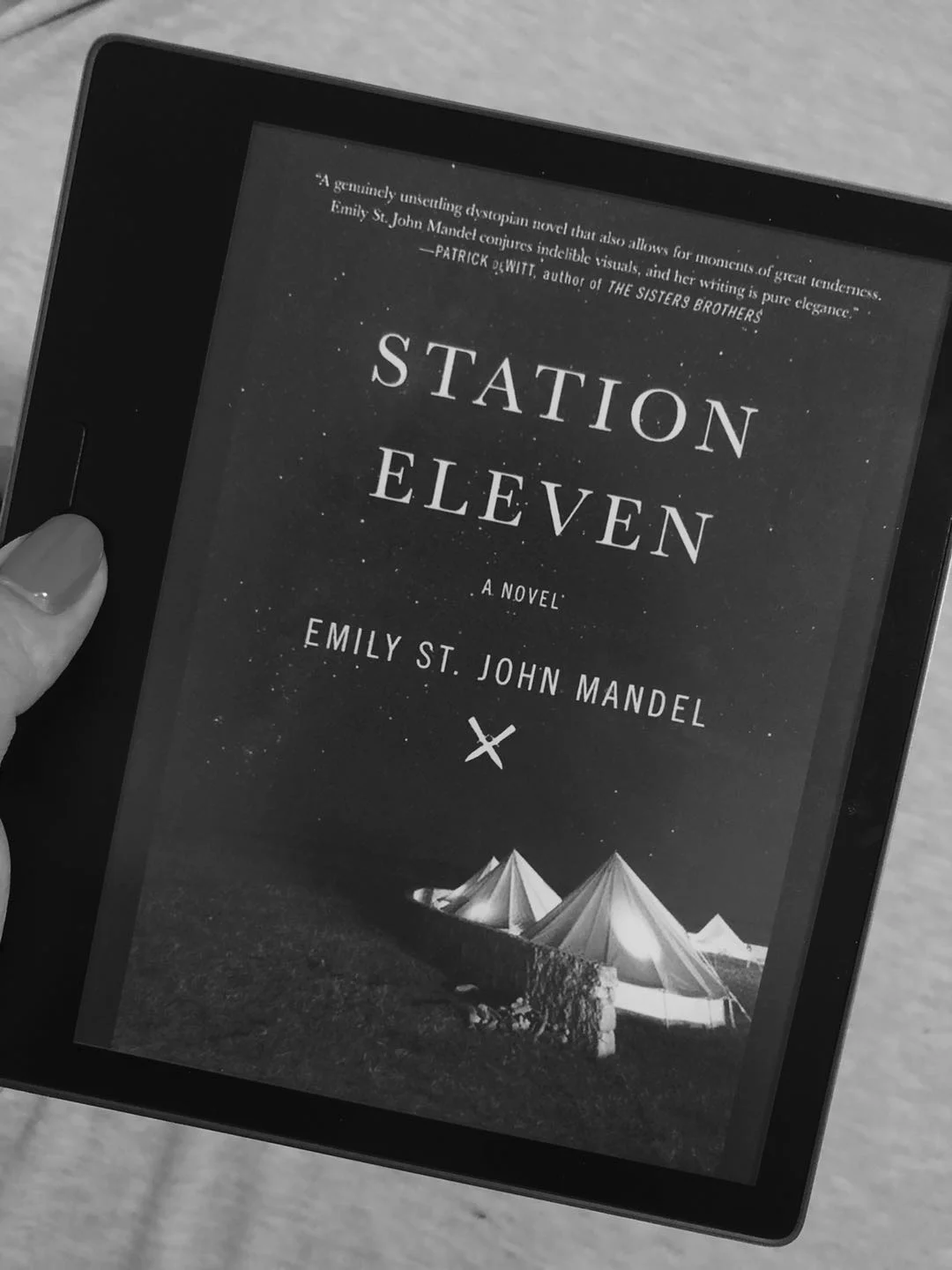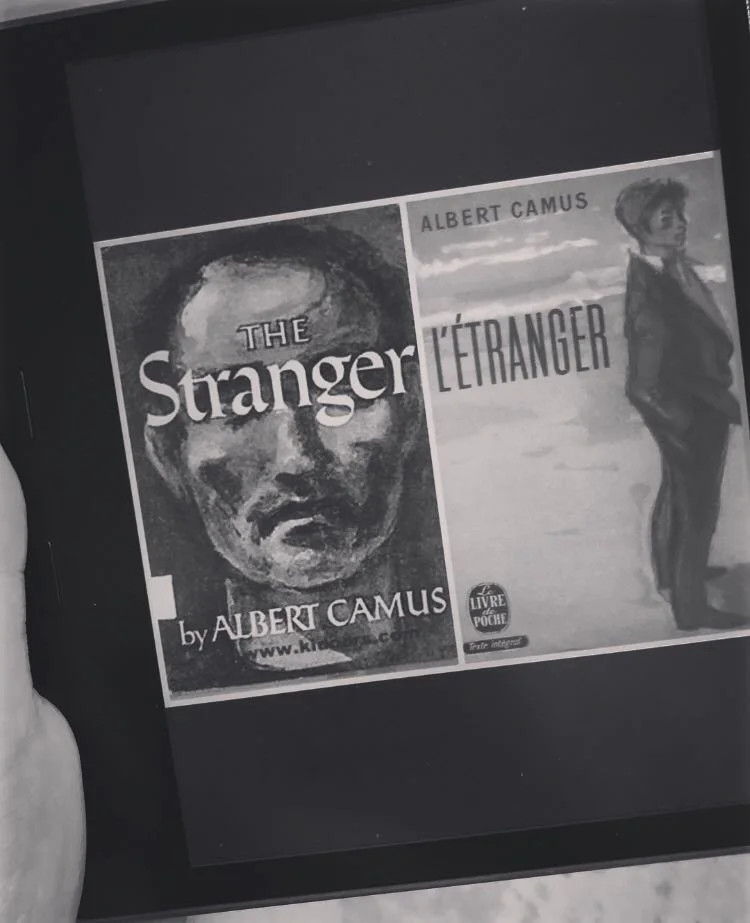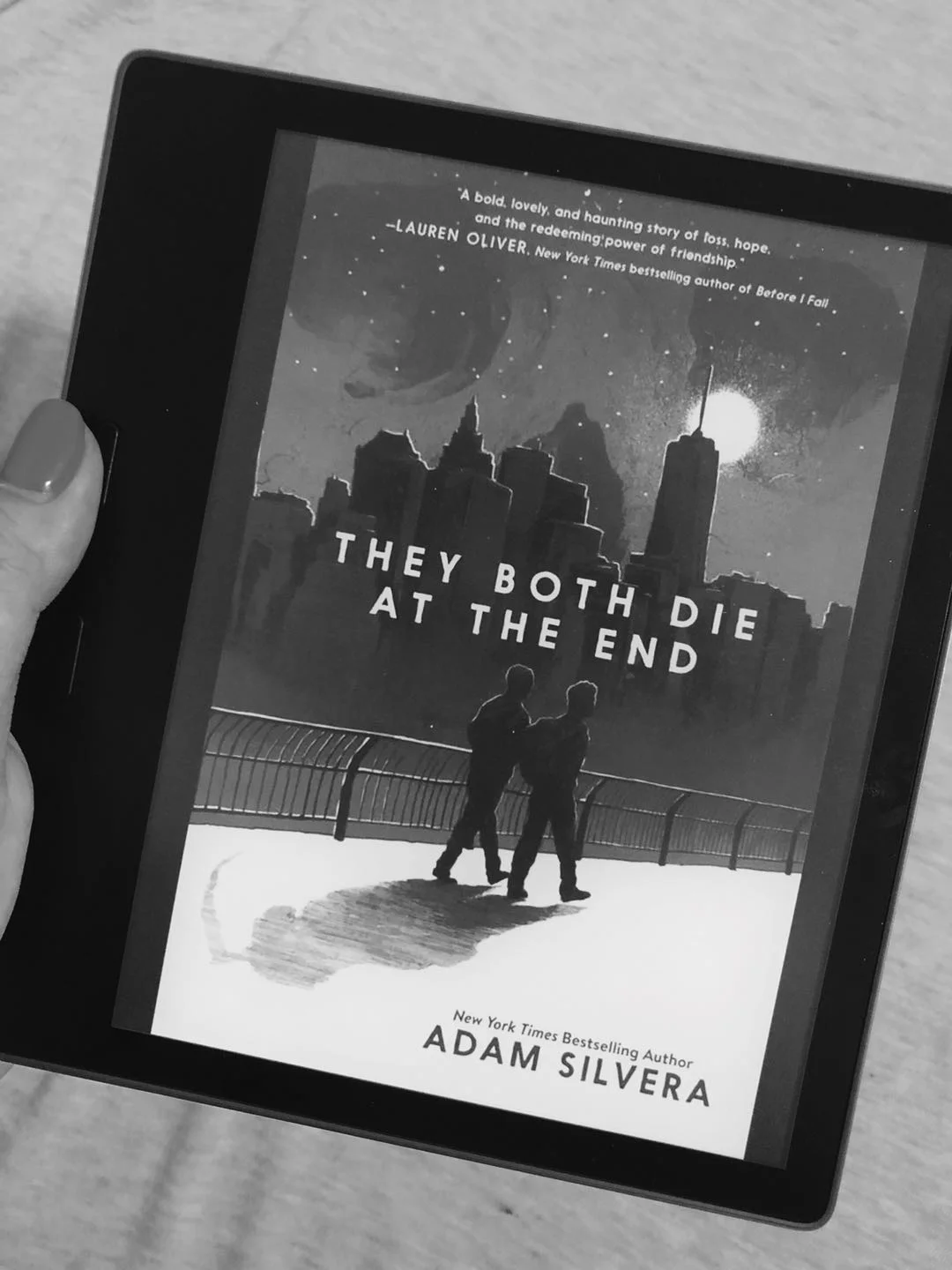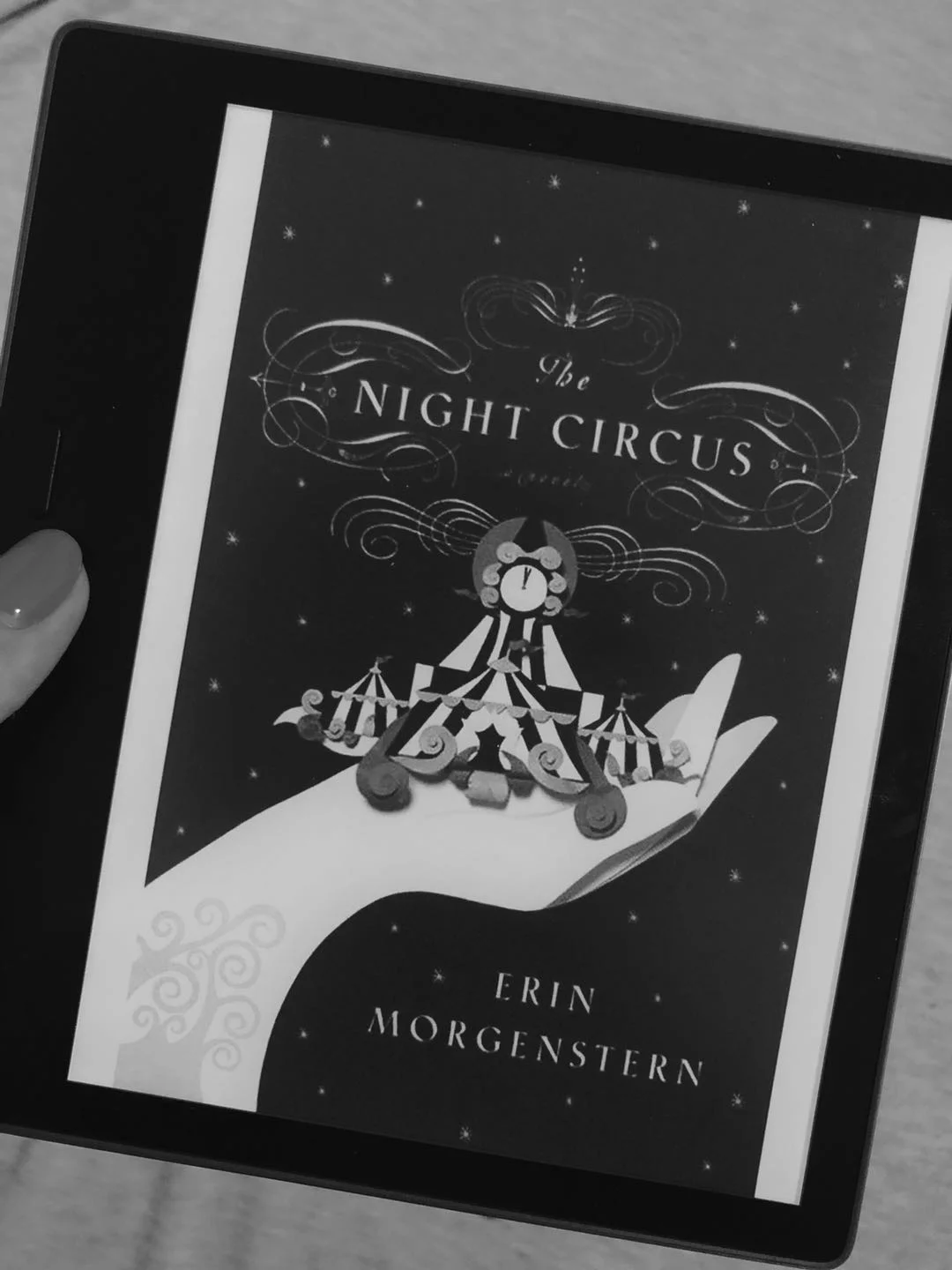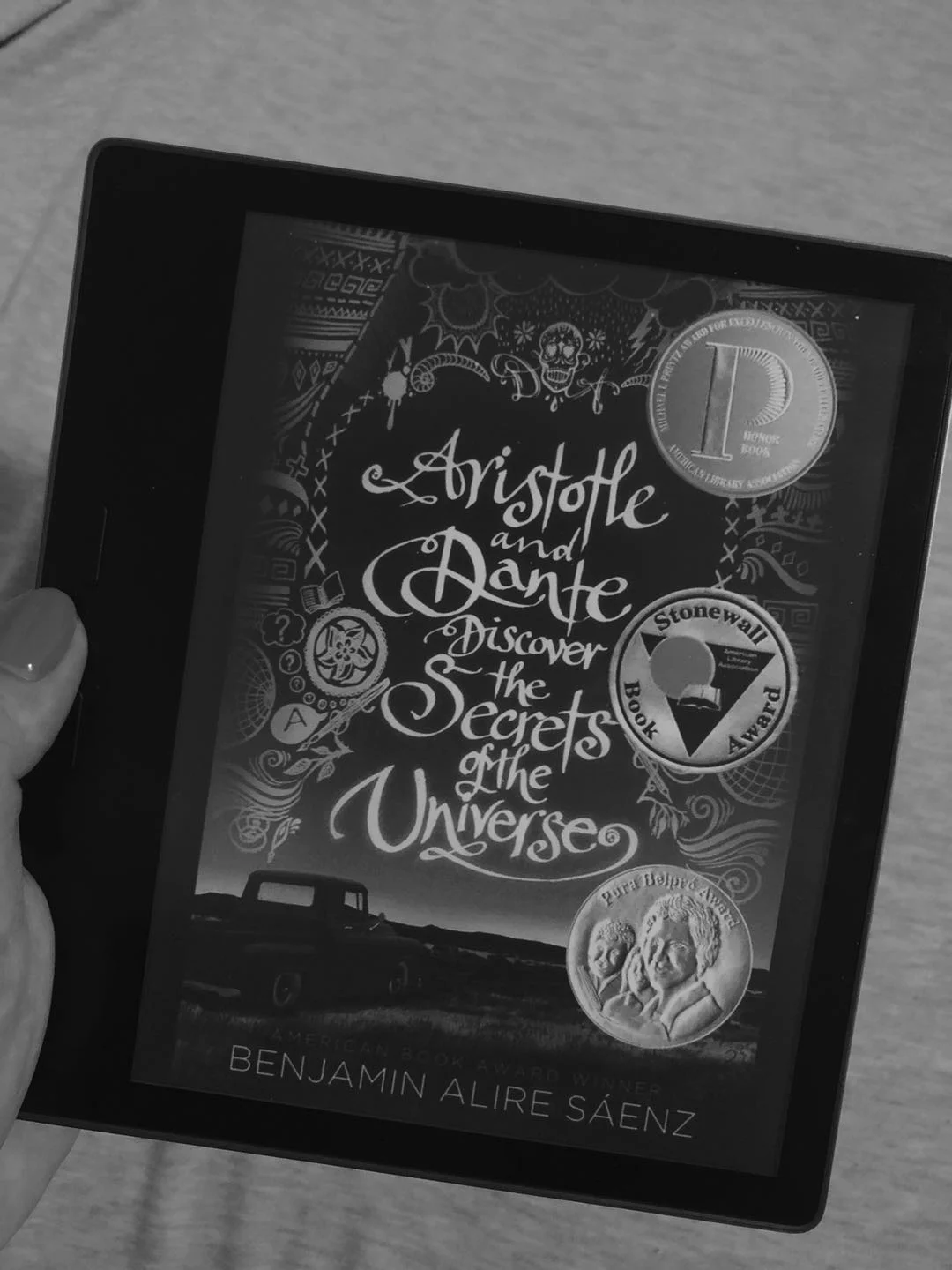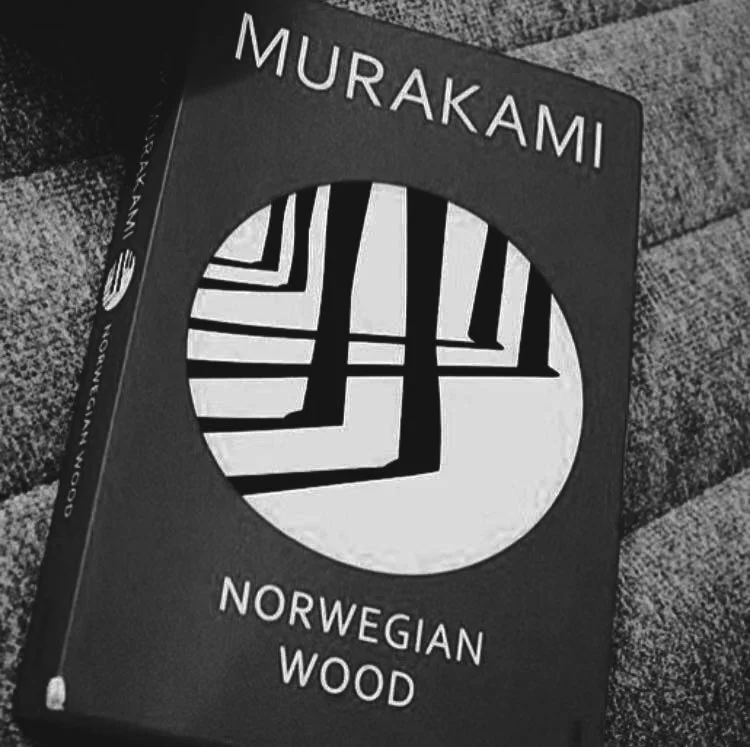As a Murakami fan, I have to stop people from reading this book to save Murakami’s reputation. Seriously, go read Kafka on the Shore or The Wind-Up Bird Chronicle. I’ll get into this novel, and explain why you should read Murakami’s other work instead of this.






